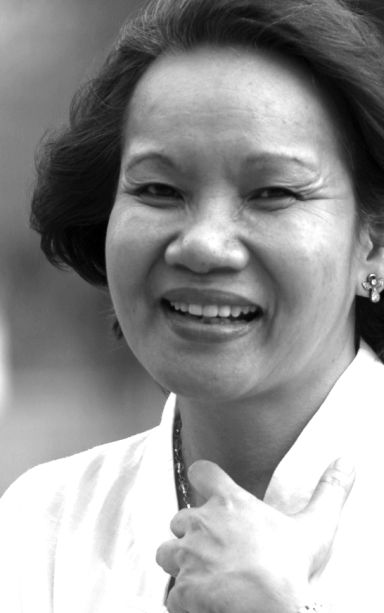Very diligent, passionate nationalist intellectual

LOGARTA
In “Rizal Reading Pigafetta,” Resil B. Mojares provides an idea of the kind of intellectual Rizal was. He informs us that: “In his first European sojourn (1882-1887), Rizal was already driven by a large appetite for learning. It was not aimless hunger. For Rizal, knowledge was, above all, knowledge for his country’s service.”
“He was interested in the study of the Filipino past, a task that he and his colleagues in the Propaganda Movement considered essential in the creation of a Filipino national identity. He was convinced of the need to ground the assertion of Filipino nationality in the diligent application of science and reason.”
Students, historical researchers and other intellectual explorers would find this description of Mojares very inspiring: “It was at the British Museum, on his second European sojourn, that his research was most productive. He immersed himself in sources relating to the Philippines — the Spanish missionary reports of Gaspar de San Agustin, Pedro Chirino, Francisco Colin, and Diego Aduarte, such historical and travel books as those of Jagor, Bartolome de Argensola, Alfred Marche and Giovanni Careri. He ranged widely, looking into accounts of the voyages of Drake, Thomas Cavendish, and Jules Dumon d’Urville; the writings on Malayo-Polynesian culture of Wilhelm von Humboldt, Wilhelm Joest, William Marsden, and Alfred Russel Wallace, and non-European texts like Chao-Ju-Kua’s Cu Fan Chih (1225) and Ibn Battuta’s 1355 Arabic account of his travels in the orient. No Filipino of his time (or long after) pursued leaning with as much passion.”
Mojares also makes us understand the context and value to which Rizal gave in annotating Morga’s work: “The Morga project is not a freestanding performance but an act in a series acts. Rizal had said that while the Noli presents the spectacle of the present, his essay into Morga traces the roots of this sorry drama in the past.
It stands connected to his novels and the political and historical articles he wrote at this time, such as his piece on the Spanish academic Vicente Barrantes’s Teatro tagao (1889) and more important, Filipinas dentro de la cien a?os (1889-1890) and Sobre la indolencia de los Filipinos (1890).
Which develop ideas sketched in the Morga annotations.
“In his annotated Morga and La Solidaridad articles, Rizal mined Pigafetta and European sources for proof of ‘long history.’ Carving out for Filipinos space autonomous and apart from Spanish colonialism, he argued that the Spaniards did not ‘discover’ the Philippines. The existence of the archipelago, he says had already been reported in Europe as early as the first century B.C. by Iambulus (Iamboule), a Greek who reached the Malay region and wrote an account of his voyage. Ibn Battuta’s Tawalisi and Chao-Ju-Kua’s Mayi, Rizal says, refer to the Philippines. Ptolemy’s Geographia indicates islands that point not only to places like Celebes, Java, and Borneo, but Mindanao, Leyte and Cebu. Locations in the sixteenth century Mercator world maps or vague references in the writings of Marco Polo, Odoric of Pordenone, and Ludovico di Varthema were invoked or imagined by Rizal and the nationalists as references to the Philippines.”
“In constructing a noble and autonomous past, Rizal and the nationalists pointed to field of potentiality and promise that colonialism suppressed. More important, by constructing the image of a separate, integral history and culture, Filipino nationalists brought into play the agency of a ‘nation’ with a past, present, and future, a nation to which Spain had to speak.”
But aside from being a very solid intellectual, Rizal was a very effective, practical educator. In Dapitan he used the existing environment as the laboratory for teaching both biological and social science.
He not only taught botany and zoology using the forest surrounding, he also used this to educate the students in the handling of their fears. He plunged them into the forest to make them realize that they could actually cope with them.
He also made them work in and serve the community as well as in his clinic. He must have briefed and debriefed them well for the experience was looked upon by his students positively.
Disclaimer: The comments uploaded on this site do not necessarily represent or reflect the views of management and owner of Cebudailynews. We reserve the right to exclude comments that we deem to be inconsistent with our editorial standards.
